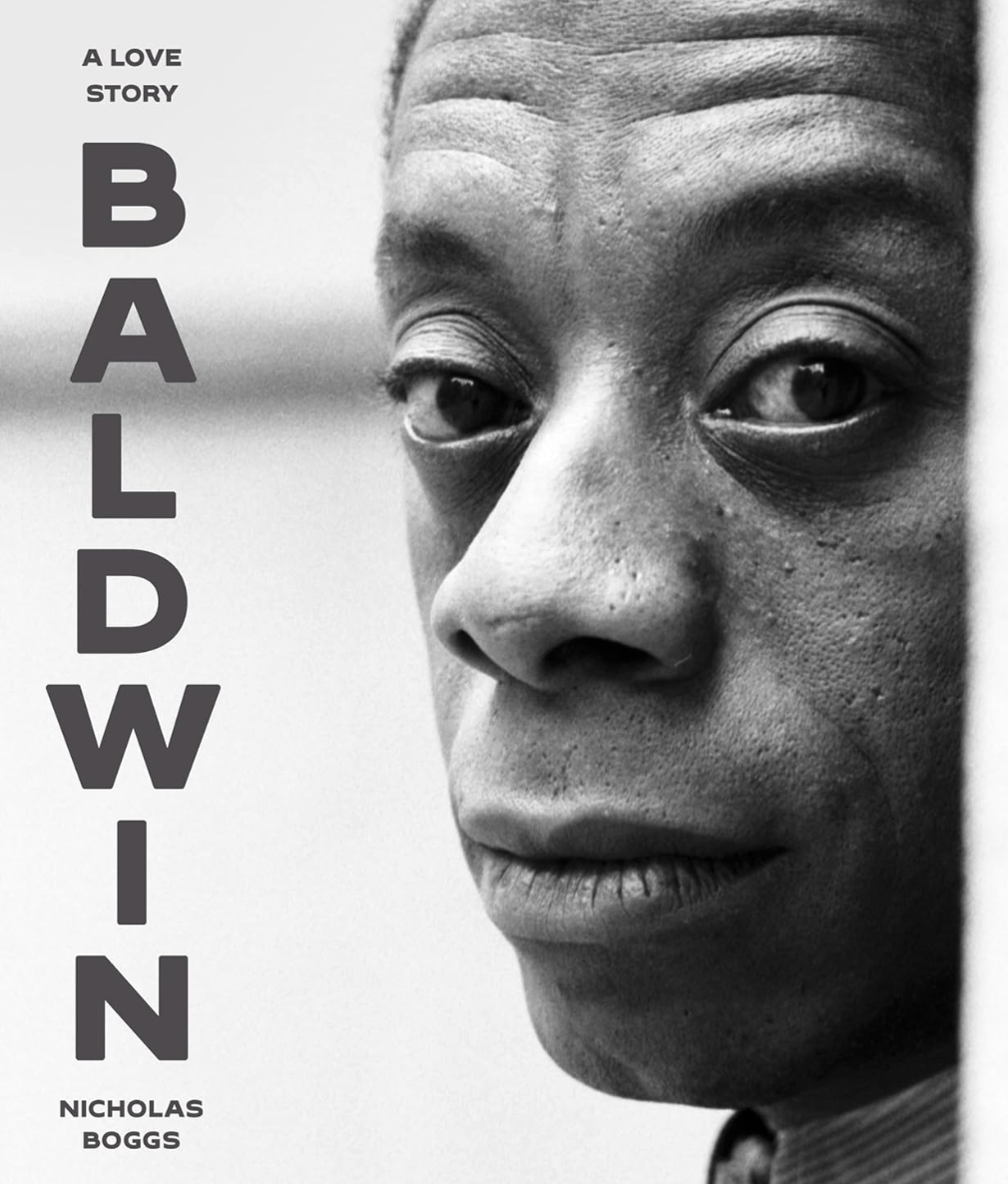DS: Baldwin seemed to be haunted by the idea of “ugliness” and, in some regard, being of little to no use. This seems to me to also be juxtaposed by his unshakable belief within (this had to be the case because in spite of everything, he kept on believing) that he was to realize the “dream” he had within him from an early age. What, to you, did you find about Baldwin that drove him? How did his relationships shape how he understood himself and his own journey?
NB: This is such a great question, and there will always be something ineffable, I think, about what makes a great writer or artist capable of the kind of perseverance that Baldwin had. (As he once famously suggested, probably not giving himself quite enough credit in the process: “Talent is insignificant. I know a lot of talented ruins. Beyond talent lie all the usual words: discipline, love, luck, but, most of all, endurance.”). What drove Baldwin, I think, was an unshakable curiosity about other people and about the human condition. It’s why he could sit down with clearly racist people and try to learn from them, to learn what made them tick. He really got inside their heads. (Think about his short story, “Going to Meet the Man,” written from the perspective of a bigoted white sheriff, for example). He was also, of course, driven by love. Love for his family. He wanted to succeed so he could help them and his mother in particular and make them proud; hence, his recurring dream of becoming a famous writer so he could drive them around in a fancy car and go to fancy restaurants. But he was also driven by something deeper, by a moral vision, and commitment to justice. I also think he knew he had a gift and a responsibility that drove him to be a “witness” as he put it. Fortunately, he had people around him who recognized this early on—yes, his mother, but also many teachers, and editors. For all of his setbacks, as Sarah Schulman recently put it, the world wanted him to be a writer.
